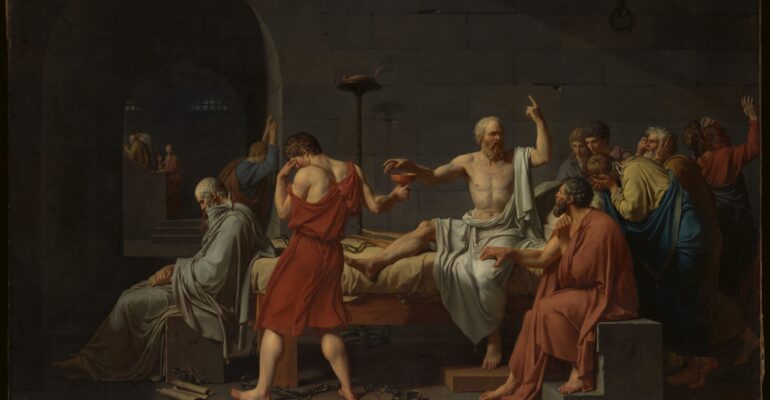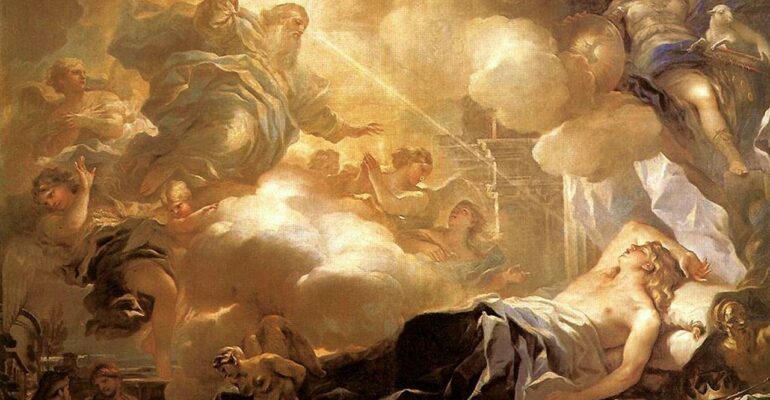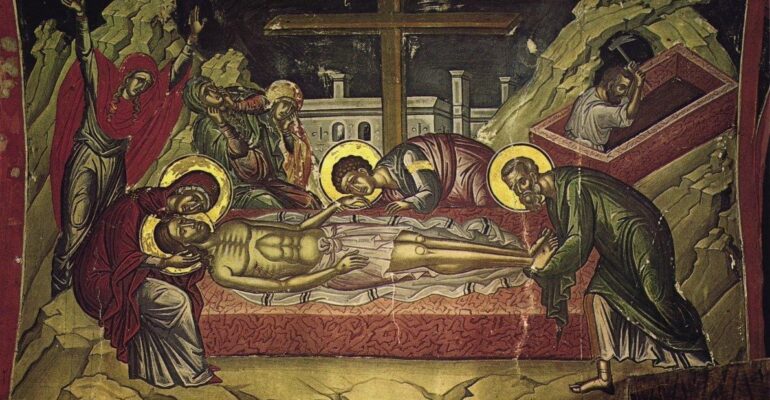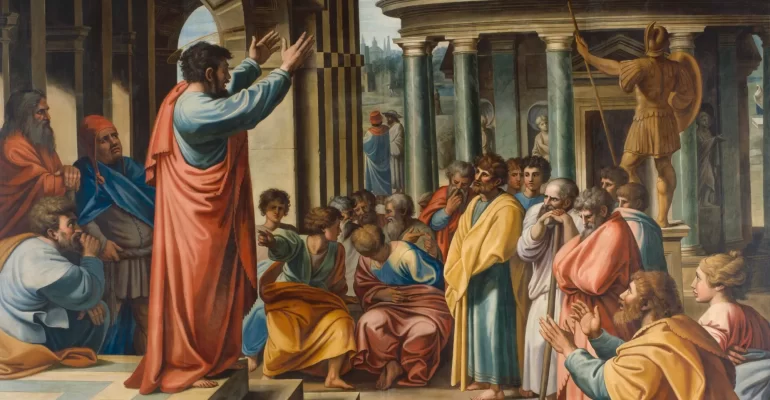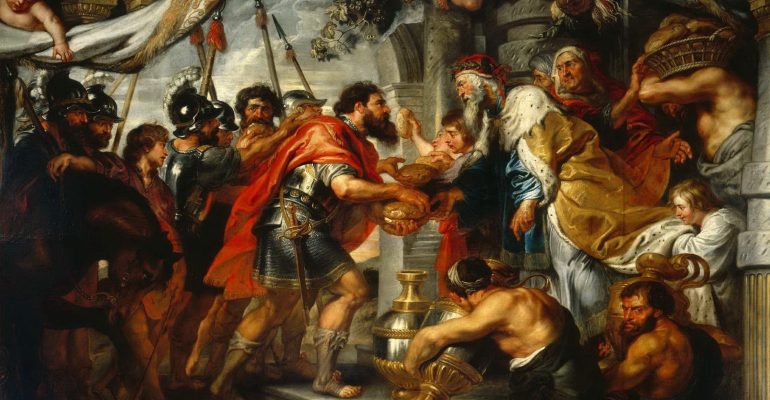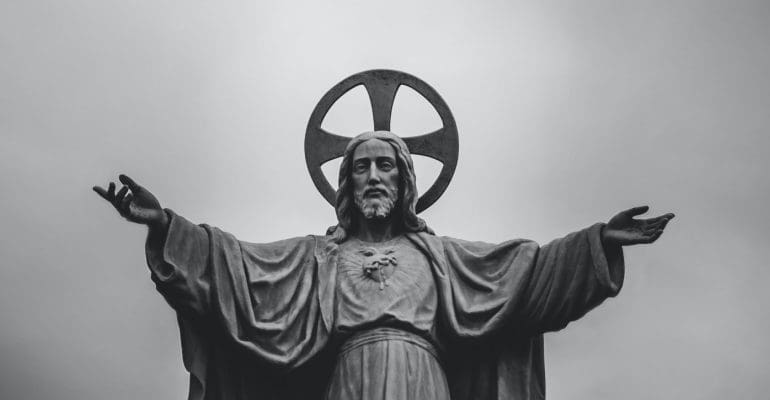Cart 0

Greater In Glory
Greater In Glory
Did Haggai’s prophecy about the second temple being greater in glory than Solomon’s fail?
Greater In Glory
Did Haggai’s prophecy about the second temple being greater in glory than Solomon’s fail?
Did Haggai’s prophecy about the second temple being greater in glory than Solomon’s fail?
in Tags
Although the prophet Jeremiah had the unfortunate task of both prophesying and witnessing the terrible fall of Jerusalem at the hands of the Babylonians, he also got to share God’s promise of a future time when He would allow the Jewish people to return and rebuild their lost city. In




